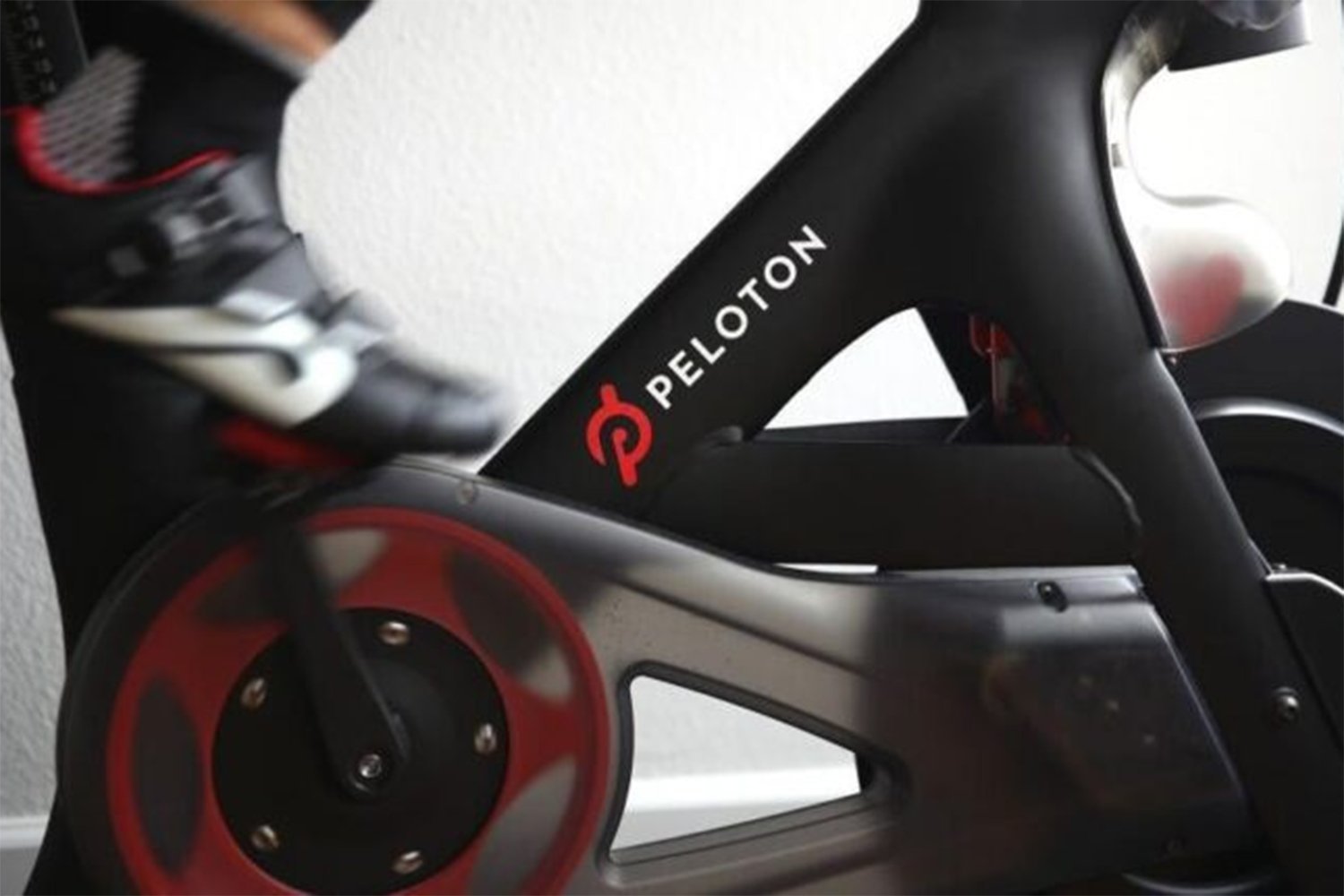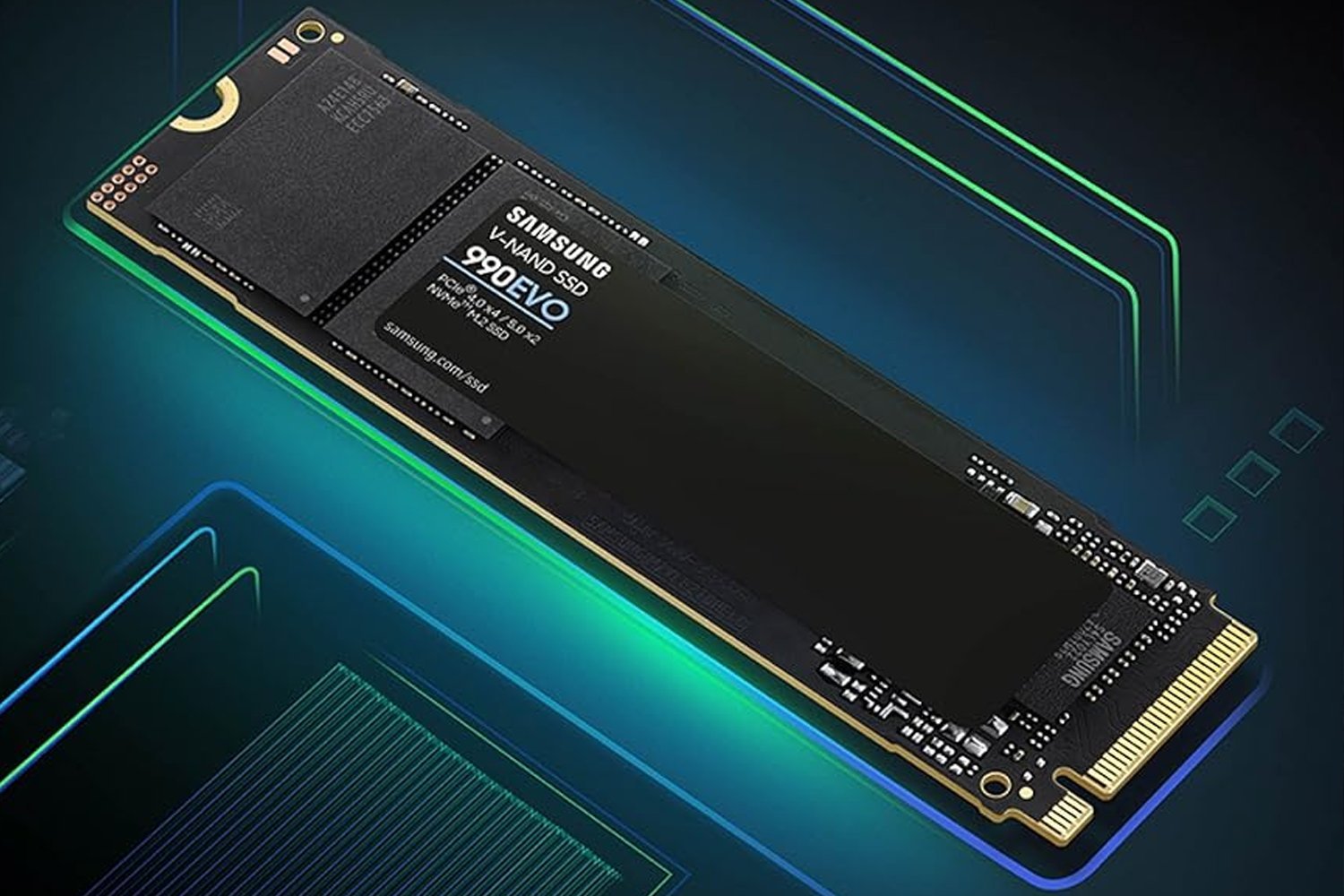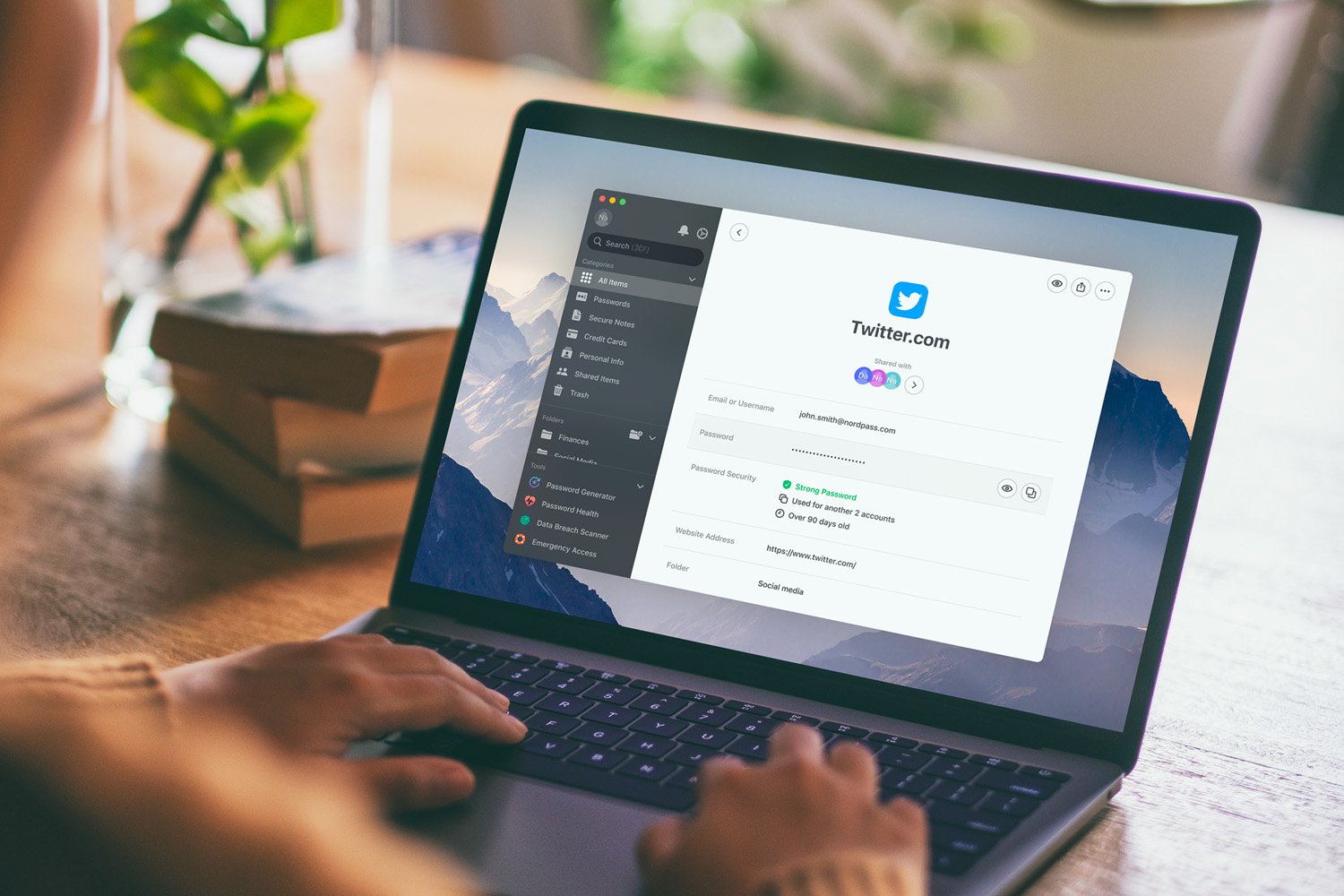Sorry, everyone. You might have thought you were saving some cash by buying a used Peloton Bike from someone on NextDoor who just realized they weren’t riding the bike enough to justify its spot in the living room. It’s a great way to save cash since brand-new Peloton bikes can retail for around $1,500. But Peloton’s caught on to this game and has officially announced it’ll start charging for its hardware, even if it’s a hand-me-down.
Peloton announced the fee in its fourth-quarter earnings report. In a decidedly capitalist move, it will start charging a one-time $95 USD/$125 CAD used equipment activation fee. Peloton says this is to “ensure …new Members receive the same high-quality onboarding experience” that all first-time customers get. However, the real reason is that 16% of its subscription revenue comes from the used bike market, so it’s high time the company made extra money from those users.
The fee will apply to second-hand Peloton Bike and Bike+ purchases. The activation fee gets you a virtual custom fitting in place of the in-home fitting that comes with the first-time experience. It also unlocks access to any history associated with pre-owned hardware and an extra discount on accessories, spare parts, and shoes purchased for the bike. Peloton says it views “the secondary market as an important channel and will continue to improve the member
experience.”
Used Peloton bikes can be as cheap as $500 on Facebook Marketplace and trusted swap sites. That’s a significant savings over what the bikes typically retail for. You’ll still have to pay the $45/month subscription fee to access Bike and Bike+’s available library of digital workout content, plus the $95 activation fee. But all told, that’s much less than what I paid for my Peloton Bike+ when I bought it outright in 2021.
Peloton has had a tumultuous trajectory thus far, with layoffs earlier this year and its longtime CEO, Barry McCarthy, exiting the company. But this morning’s earnings report for investors was much more optimistic about the business than the year foretold. Indeed, charging all those folks who thought they were saving by buying used will help line up those pockets. It also helps that Peloton is constantly updating its product to stay relevant with the workout-at-home crowd.
The Peloton Bikes remain a premium product in the at-home fitness market, helped in part by the range of virtual classes hosted by affable instructors and paired with music you can easily add to a Spotify playlist. Apple, Samsung, and Google have tried to bring similar millennial-tinged workout vibes to their respective health and wellness suites, but none are Cody Rigsby. As long as Peloton can offer an air of interoperability exclusivity, it can convince second-hand buyers it’s entirely worth the activation fee.












Leave a Reply